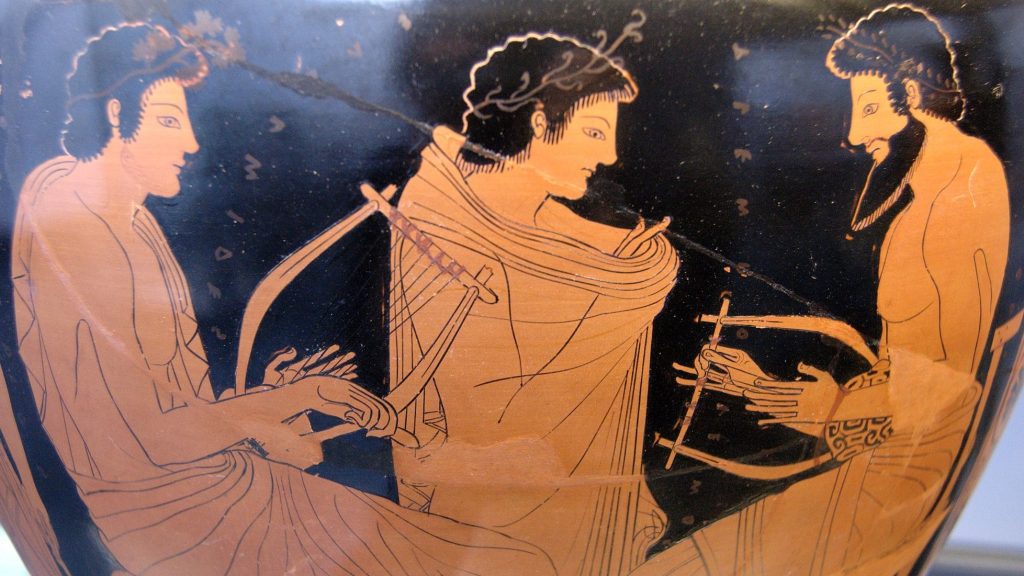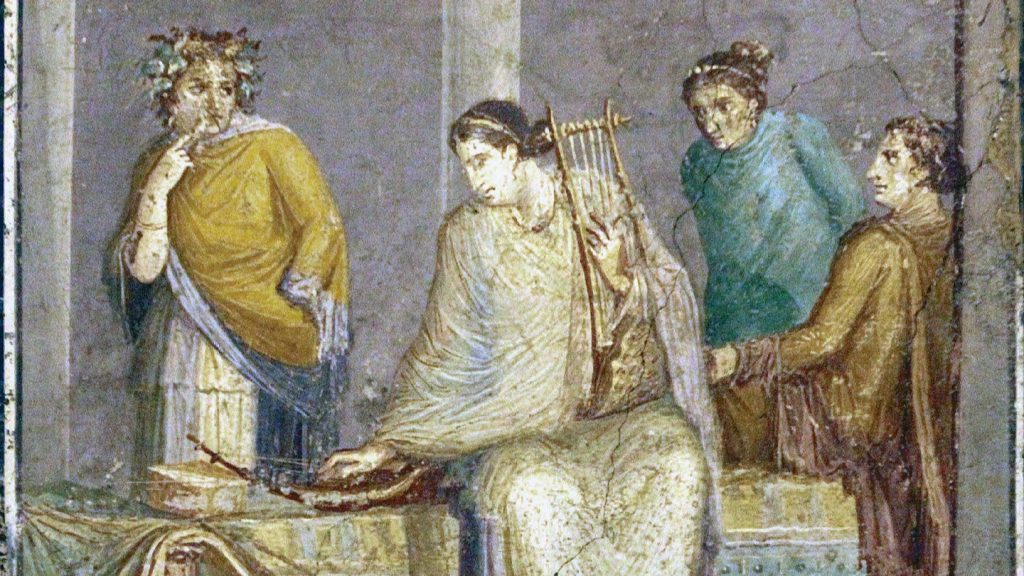A new analysis of surviving ancient compositions reveals how the Greeks and Romans tuned their instruments.
Others are reading now
Have you ever wondered what music might have sounded like thousands of years ago, during the height of the Greek and Roman empires?
Thanks to a groundbreaking new study by architecture professor Dan C. Baciu, we now have a clearer — and surprisingly mathematical — understanding of how ancient music was composed, tuned, and performed across the classical world.
By analyzing all 61 surviving pieces of ancient music, Baciu discovered that musicians of the time used two distinct tuning systems depending on the type of music they were playing.
These tuning choices weren’t arbitrary — they reflected deeper cultural and philosophical beliefs about order, chaos, and the gods themselves.
Also read

Two Musical Worlds, Two Tunings
The ancient Greeks and Romans didn’t just make music.
According to the History magazine, they viewed it as an expression of cosmic balance.
Baciu’s mathematical model shows that instrumental compositions were tuned in a precise, pure manner, while vocal and wind-based music embraced imperfections to add expressiveness.
This difference, Baciu argues, was no accident.
Instrumental music — typically played on stringed instruments like the lyre — was tuned with near-perfect harmonic precision, deliberately avoiding dissonance to produce a sound that was immaculate, orderly, and almost divine.
In contrast, vocal and wind music — often featuring the aulos, a double-reeded flute — embraced natural tonal imperfections. These subtle deviations added emotional depth and a distinctly human expressiveness to the melodies.
“In pieces meant for instruments, composers avoided the intervals that would have sounded ‘off.’ But in music involving singers or flutes, those slight imperfections were embraced as part of the performance,” Baciu explains in his study.

Music as Mythology
This musical duality was no coincidence. Baciu connects it to ancient Greek cosmology, in which the universe was seen as governed by two opposing forces:
- The rational, orderly, and harmonious — represented by Apollo, god of the lyre, reason, and light.
- The chaotic, instinctual, and emotional — embodied by Dionysus, god of wine, revelry, and ecstasy.
In this worldview, lyre-based instrumental music aligned with Apollonian clarity, while expressive vocal or flute pieces reflected Dionysian passion.
Music was more than entertainment — it was philosophy in sound.
What Ancient Music Actually Sounded Like
Using this tuning-based analysis, scholars and musicians are now getting closer to recreating authentic performances of ancient Greek and Roman music.
Lyre music would have sounded clean, resonant, and harmonically perfect — reflecting celestial ideals.
Aulos-accompanied songs, by contrast, would have felt rawer, more dramatic, and emotionally varied — full of movement and life.
These differences weren’t flaws — they were part of the art, tailored to evoke different emotional and spiritual responses in the listener.


